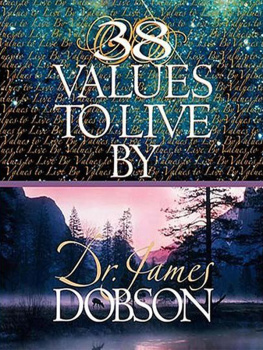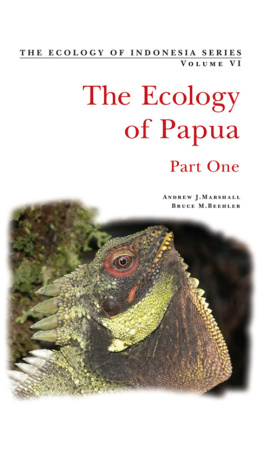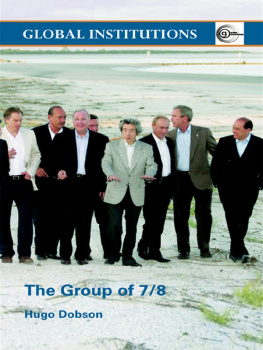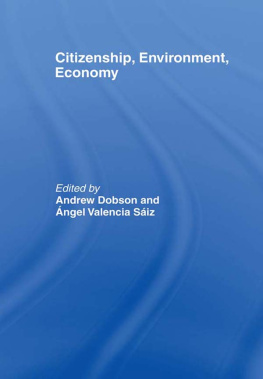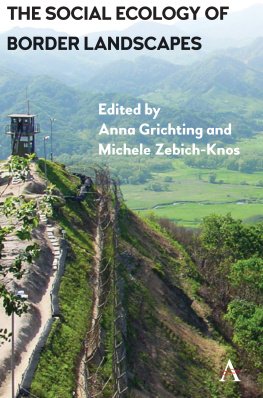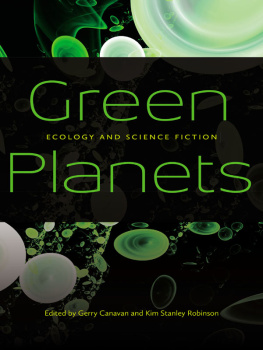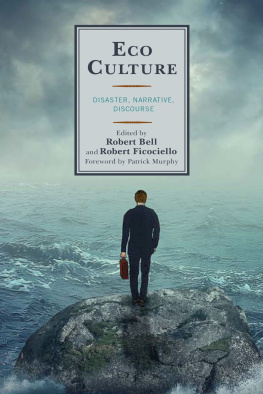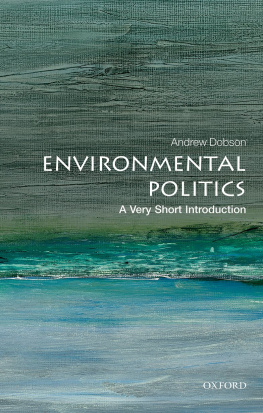Andrew Dobson (editor) - Unsolved Problems in Ecology
Here you can read online Andrew Dobson (editor) - Unsolved Problems in Ecology full text of the book (entire story) in english for free. Download pdf and epub, get meaning, cover and reviews about this ebook. year: 2020, publisher: Princeton University Press, genre: Romance novel. Description of the work, (preface) as well as reviews are available. Best literature library LitArk.com created for fans of good reading and offers a wide selection of genres:
Romance novel
Science fiction
Adventure
Detective
Science
History
Home and family
Prose
Art
Politics
Computer
Non-fiction
Religion
Business
Children
Humor
Choose a favorite category and find really read worthwhile books. Enjoy immersion in the world of imagination, feel the emotions of the characters or learn something new for yourself, make an fascinating discovery.

- Book:Unsolved Problems in Ecology
- Author:
- Publisher:Princeton University Press
- Genre:
- Year:2020
- Rating:5 / 5
- Favourites:Add to favourites
- Your mark:
- 100
- 1
- 2
- 3
- 4
- 5
Unsolved Problems in Ecology: summary, description and annotation
We offer to read an annotation, description, summary or preface (depends on what the author of the book "Unsolved Problems in Ecology" wrote himself). If you haven't found the necessary information about the book — write in the comments, we will try to find it.
Unsolved Problems in Ecology — read online for free the complete book (whole text) full work
Below is the text of the book, divided by pages. System saving the place of the last page read, allows you to conveniently read the book "Unsolved Problems in Ecology" online for free, without having to search again every time where you left off. Put a bookmark, and you can go to the page where you finished reading at any time.
Font size:
Interval:
Bookmark:
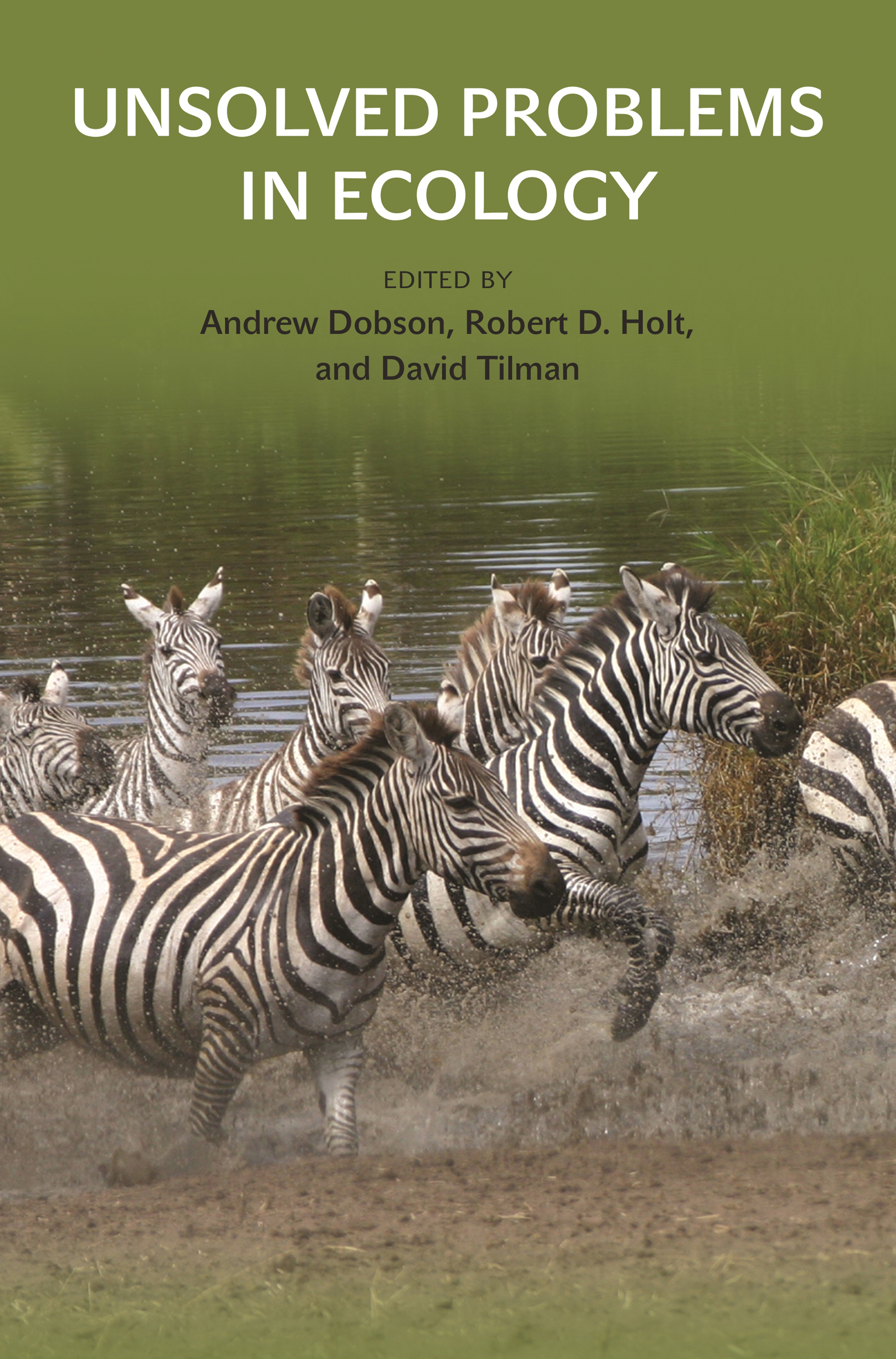
UNSOLVED PROBLEMS IN ECOLOGY
UNSOLVED PROBLEMS IN ECOLOGY
EDITED BY
NDREWOBSONOBERTD. HAVIDILMAN
PRINCETON UNIVERSITY PRESS
PRINCETON AND OXFORD
Copyright 2020 by Princeton University Press
Requests for permission to reproduce material from this work should be sent to permissions@press.princeton.edu
Published by Princeton University Press
41 William Street, Princeton, New Jersey 08540
6 Oxford Street, Woodstock, Oxfordshire OX20 1TR
press.princeton.edu
All Rights Reserved
Library of Congress Cataloging-in-Publication Data
Names: Dobson, Andrew, editor. | Holt, Robert D., editor. | Tilman, David, 1949 editor.
Title: Unsolved problems in ecology / edited by Andrew Dobson, Robert D. Holt, and David Tilman.
Description: Princeton : Princeton University Press, [2020] | Includes bibliographical references and index.
Identifiers: LCCN 2019056794 (print) | LCCN 2019056795 (ebook) | ISBN 9780691199832 (hardback) | ISBN 9780691199825 (paperback) | ISBN 9780691195322 (ebook)
Subjects: LCSH: Ecology. | Population biology. | Coexistence of species. | Ecosystem management. | Biodiversity conservation.
Classification: LCC QH541.145 U57 2020 (print) | LCC QH541.145 (ebook) | DDC 577dc23
LC record available at https://lccn.loc.gov/2019056794
LC ebook record available at https://lccn.loc.gov/2019056795
Version 1.0
British Library Cataloging-in-Publication Data is available
Editorial: Alison Kalett and Abigail Johnson
Production Editorial: Kathleen Cioffi
Text and Cover Design: Carmina Alvarez
Production: Brigid Ackerman
Publicity: Matthew Taylor and Amy Stewart
Copyeditor: Gregory W. Zelchenko
Cover image courtesy of Andrew Dobson
We would like to dedicate this volume to
John Tyler Bonner,
Henry Horn,
and
Robert Bob May.
They each had a huge influence on each of us
and we can see signs of their huge intellectual influence
in every chapter in this volume.
- Andrew Dobson, Robert D. Holt, and David Tilman
- xvii
- Elizabeth T. Borer
- Emilie C. Snell-Rood and Megan E. Kobiela
- Marcel Holyoak and William C. Wetzel
- C. Jessica E. Metcalf and Julien F. Ayroles
- Andrew Dobson
- Robert M. May
- Egbert Giles Leigh Jr.
- Robert D. Holt
- Tim Coulson
- Christina Riehl
- Peter J. Grubb
- Johnathan M. Levine and Simon P. Hart
- Andrew R Tilman and David Tilman
- Pablo A. Marquet, Mauricio Tejo, and Rolando Rebolledo
- Mercedes Pascual
- Ian Hatton
- Michel Loreau
- Robert M. Pringle
- Helene C. Muller-Landau and Stephen W. Pacala
- Diana H. Wall and Ross A. Virginia
- Andrew F. Read
- Michael E. Hochberg
- Simon Levin
- Tim Caro
- Rachael Winfree
- Kevin Lafferty
- Stefano Allesina
Andrew Dobson, Robert D. Holt, and David Tilman
The centenary of the Ecological Society of America inspired us to ask ecologists their thoughts about the next century, specifically on the broad question of What are the Unsolved Problems in Ecology? We imagined that they might identify two classes of problems: (1) Those people have wrestled with, but where solutions have remained elusive and (2) problems that someone may have just recognized as being potentially huge yet unexamined. The motivation for the book stems from a deep conviction that ecology will be a central defining science of the twenty-first century, just as physics defined the twentieth, and chemistry the nineteeth. Consequently, we put our authors in the position of defining what they think the key agenda for ecology will be within their area of research for the next decades to a full century. Sutherland et al. (2013) honored the centenary of the British Ecological Society by compiling a list of key unanswered questionsin effect, a series of bullet points aiming at future progress in the discipline. We, instead, asked authors to provide a more discursive reflection on open, important questions in the form of essays, providing a more expansive vista across possible future intellectual landscapes.
A strong motivation for the book was a previous volume of essays published in the 1970s that simply asked What are the unsolved problems for the 20th Century (Duncan and Weston-Smith 1977); there were only two biological chapters, including one by John Maynard Smith, who astutely pointed out that we did not know why sex had evolved. Curious as it seems, no one had explicitly realized that this was a problem prior to Maynard Smiths explication of the inherent cost of sex (1971, 1977; see Bell 1982); although Darwin as early as 1862 presciently remarked we do not even in the least know why new beings should be produced by the union of two sexual elements, instead of by parthenogenesis (cited in Kirk 2006), and Bonner (1958) and others do adumbrate some aspects of the issue. This book chapter helped spark the genesis of a whole subdiscipline of studies within evolution, behavioral ecology, and epidemiology. We are ambitious enough to hope that at least one of our chapters in this volume can likewise unearth an intellectual goldmine that transforms thinking within ecology and the broader disciplines of evolution and environmental science. The other biological essay in the 1977 compilation was by Peter Grubb, who pointed out that our knowledge of leaf structure and function at the time was woefully inadequate. This chapter also led to multiple developments in plant physiology and ecology. We were delighted when Peter accepted our invitation to write a chapter for the current book, and doubly so, when he decided to write a chapter that describes how much we still need to know about leaf structure and function, some four decades after his initial distillation of this question.
Some unsolved questions that the authors in this volume bring up are radically new, but others are longstanding. Robert MacArthur towards the end of his life sketched an array of outstanding problems in ecology (MacArthur 1972), focused around the theme of species coexistence, many of which are still with us and touched on in the current volume, including for instance the need for network perspectives, and the importance of understanding why are some species able to adjust niche widths rapidly when put in a new situation while others are rigid?; the latter question foreshadowed current concerns with themes such as niche conservatism and evolutionary rescue. MacArthur argued for intellectual pluralism and suggested that ecologists needed to get beyond the biological sciences (including in particular, he notes, the earth sciences) to really come to grips with the issue of species coexistence. These insights resonate today.
We initially planned to obtain three temporal perspectives on the unsolved problems identified by the authors, corresponding roughly to different stages in the trajectories of careers. To this end, we split the set of authors we invited into three broad and overlapping categories: (1) We asked younger researchers whose careers are expanding rapidly as to what they see as the major conceptual challenges facing their research, (2) we asked midcareer scientists to describe what they plan to focus on as the major targets of opportunity in their own careers, and (3) we asked individuals who have helped to define the study of ecology over the last 30 to 50 years to describe the problems they have found intractable or continually challenging, given available techniques and methodology. The skeleton of this structure is faintly discernible within the chapters we received for the final volume, although we perceive two distortions, one of which can fairly readily be dealt with, the other of which presents a significant unsolved problem in ecology. The first distortion is that we tended to ask people whom we knew personally to write chapters. Although we have all been active in the Ecological Society of America, the British Ecological Society, the American Society of Naturalists, and the Society for Conservation Biology (among others) for more than 30 years, we surely (if unconsciously) are biased in asking friends and colleagues, rather than a broader array of people we may have admired from a distance in these and other ecological societies. This is partly because it is so much easier to pressure and cajole friends and colleagues to deliver manuscripts and forebear with us when the editorial process slows down.
Font size:
Interval:
Bookmark:
Similar books «Unsolved Problems in Ecology»
Look at similar books to Unsolved Problems in Ecology. We have selected literature similar in name and meaning in the hope of providing readers with more options to find new, interesting, not yet read works.
Discussion, reviews of the book Unsolved Problems in Ecology and just readers' own opinions. Leave your comments, write what you think about the work, its meaning or the main characters. Specify what exactly you liked and what you didn't like, and why you think so.



